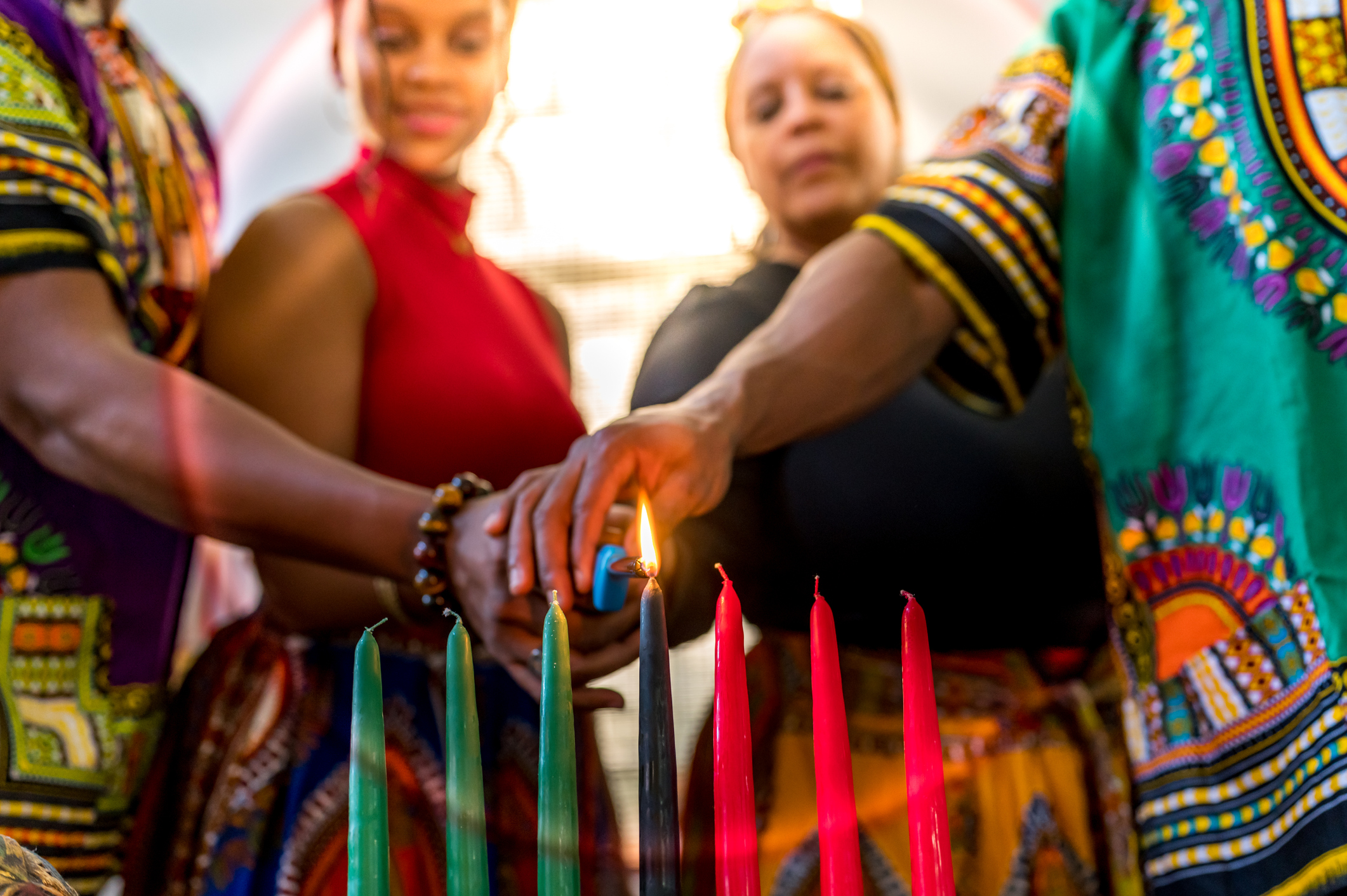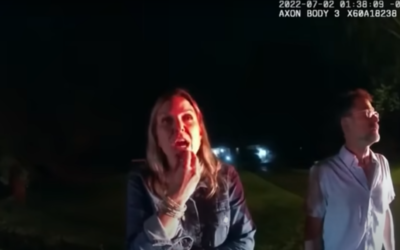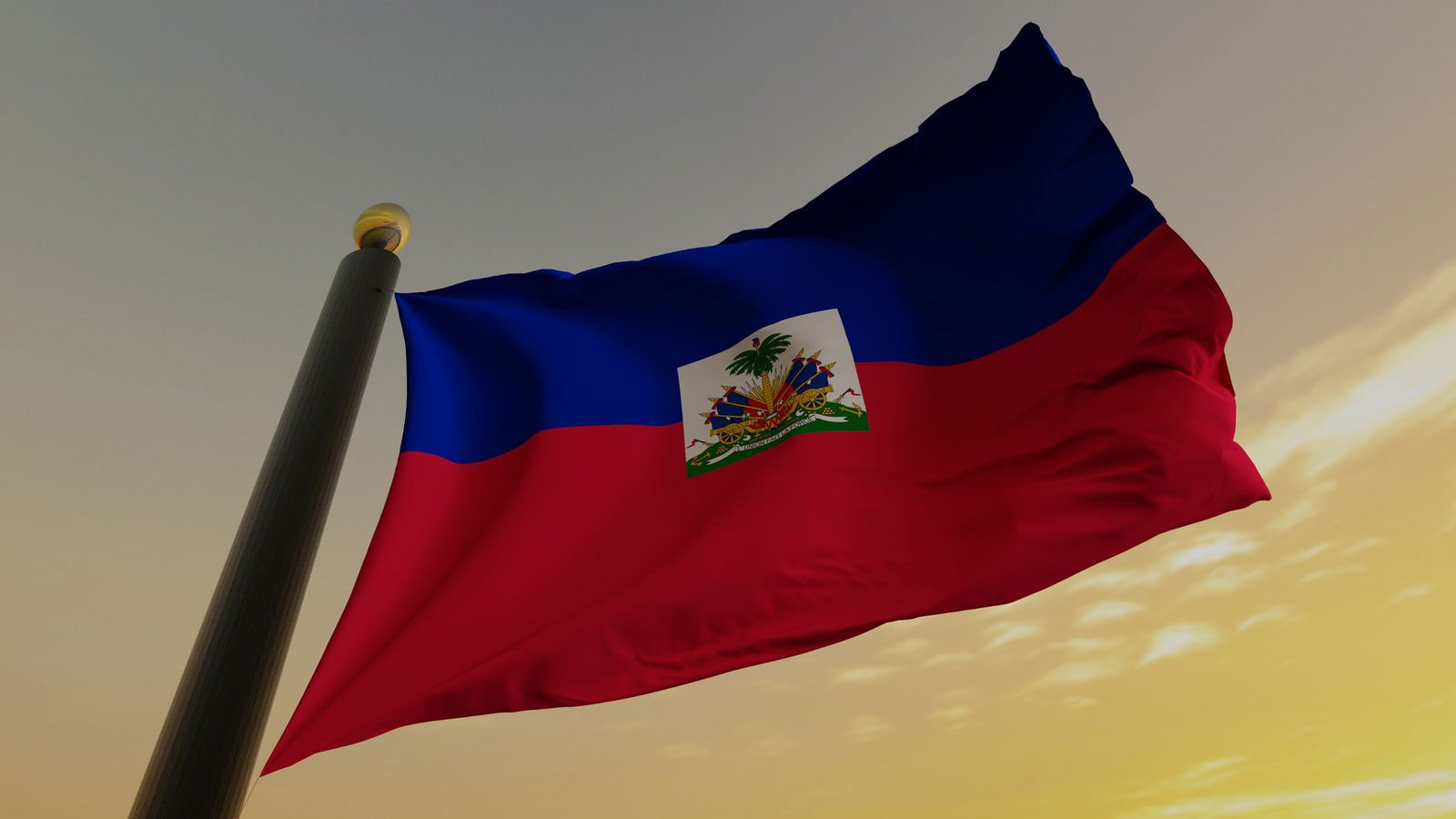‘A Kwanzaa Keepsake And Cookbook’ Releases New Edition


December 23, 2024
Jessica B. Harris wrote the original version of ‘A Kwanzaa Keepsake’ in 1995.
The author of “A Kwanzaa Keepsake and Cookbook,” which honors the African-American holiday, has released a new edition for this generation.
Jessica B. Harris wrote the original version of “A Kwanzaa Keepsake” in 1995. However, as this current year brings out new changes and new anxieties, from the economy to politics, Harris decided to look into the holiday’s values to find her new mission.
“People are feeling all sorts of pressures right now — racially, culturally, economically,” she told The New York Times. “Kwanzaa is a time to come together, a time for people to renew and regroup and revivify.”
This reflection led her to create a new edition of her classic book, which features recipes and a guide to honor one’s familial and Black history. She wrote the book to connect her own intermediate family’s experience to the greater diaspora, and encouraged others to expand their pride to their ancestors and extended community.
From hoppin’ John to collard greens, the book featured recipes that were ingrained in Black culinary history. The book described the menu for her mother’s eclectic Kwanzaa dinner party that highlighted these classic dishes.
Her latest edition sparks this quest for a new generation. Now, it infuses Black queer figures in each chapter, such as Simon Nkoli and Gladys Alberta Bentley. It spotlights their history alongside updated recipes to fit a modern-day palate.
However, the book remains focused on African American bites merged with Kwanzaa principles. Each day has a meal befitting the values upheld during that time. For example, its menu for the third night of Ujima symbolizes collective work and responsibility. It has dishes meant to be shared by a circle of loved ones at a larger dinner.
The seven menus accompany the seven days of Kwanzaa. Harris wants modern-day observers to find unity and pride by connecting with one another. Furthermore, she hopes to encourage togetherness and tolerance during a time where both seem in jeopardy.
“I’m seeing a need for coming together and healing now that is as pressing, maybe even more pressing, than in 1995,” she said. “Finding ways to come together in community leads us to find ways of healing. And we need a healing.”
RELATED CONTENT: Here are Five Ways To Make An Easy Transition From Christmas To Celebrating Kwanzaa










